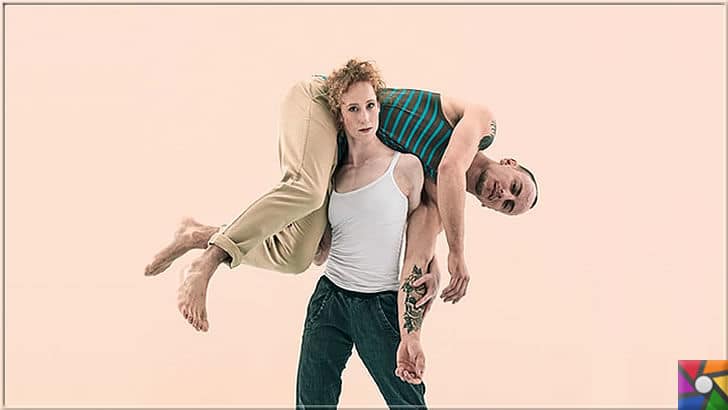Introduction:
The question of whether women are stronger than men or vice versa is a complex and nuanced topic that transcends the realms of physical prowess alone. In this article, we embark on a journey to unravel the layers of strength—both physical and emotional—that define women and men. By examining various dimensions of strength, we seek to challenge stereotypes, celebrate diversity, and appreciate the unique qualities that contribute to the rich tapestry of human strength.
Physical Strength:
1. Biological Factors:
- Biologically, men are often associated with greater muscle mass and physical strength. Testosterone, a hormone present in higher levels in men, plays a significant role in muscle development. However, it's crucial to recognize that individual variations exist, and women can exhibit substantial physical strength through training and conditioning.
2. Endurance and Stamina:
- Women have demonstrated remarkable endurance and stamina in various athletic pursuits. Ultra-endurance events, such as long-distance running and swimming, have seen women achieving feats that challenge preconceived notions of physical limitations. Endurance, a critical component of strength, is not exclusive to gender.
3. Functional Strength:
- Functional strength, the ability to perform everyday tasks efficiently, is an area where both women and men showcase their capabilities. Women often excel in activities requiring flexibility, balance, and functional movements, contributing to a holistic understanding of physical strength.
Emotional Strength:
1. Resilience and Coping:
- Emotional strength encompasses resilience, the ability to navigate challenges and bounce back from adversity. Women have consistently demonstrated remarkable resilience in the face of societal pressures, discrimination, and personal hardships. The ability to cope with emotional challenges is not confined to a specific gender.
2. Empathy and Compassion:
- Emotional strength extends to qualities such as empathy and compassion. Women, often celebrated for their emotional intelligence, contribute significantly to nurturing relationships, fostering empathy, and creating supportive communities. Emotional strength is multifaceted, and diverse expressions contribute to the overall well-being of individuals and society.
3. Mental Toughness:
- Mental toughness involves the ability to maintain focus, discipline, and perseverance in the pursuit of goals. Both men and women exhibit mental toughness in various domains, be it in professional endeavors, academic pursuits, or personal growth. Mental strength is a universal trait shaped by individual experiences and determination.
Challenging Stereotypes:
1. Breaking Barriers:
- Women have consistently shattered stereotypes and broken barriers in traditionally male-dominated fields. From sports and science to politics and entrepreneurship, women continue to redefine societal expectations, showcasing strength in diverse arenas.
2. Redefining Masculinity:
- The evolving discourse around strength challenges traditional notions of masculinity. Men, too, are increasingly encouraged to embrace vulnerability, express emotions, and redefine strength beyond stoicism. Breaking free from rigid gender expectations allows for a more inclusive and empowering understanding of strength.
Celebrating Diversity:
1. Intersectionality:
- Strength is profoundly influenced by intersectionality—the interconnected nature of social categories such as gender, race, and socioeconomic status. Recognizing and celebrating the diverse expressions of strength that arise from individual and collective experiences is essential to fostering inclusivity.
2. Cultural Perspectives:
- Cultural perspectives play a crucial role in shaping perceptions of strength. Cultures around the world have varying definitions and expectations of strength, emphasizing the importance of embracing diverse narratives that challenge Western-centric norms.
Conclusion:
The question of whether women are stronger than men encapsulates a broader conversation about the multidimensional nature of strength. By acknowledging and celebrating the diverse expressions of strength in both women and men, we move towards a more inclusive and nuanced understanding of human capabilities. Strength, whether physical or emotional, transcends gender boundaries, and appreciating the unique qualities each individual brings to the table enriches our collective tapestry of strength. Embracing diversity, breaking stereotypes, and fostering equality pave the way for a world where the true strength of humanity lies in its ability to honor and uplift one another.


No comments:
Post a Comment